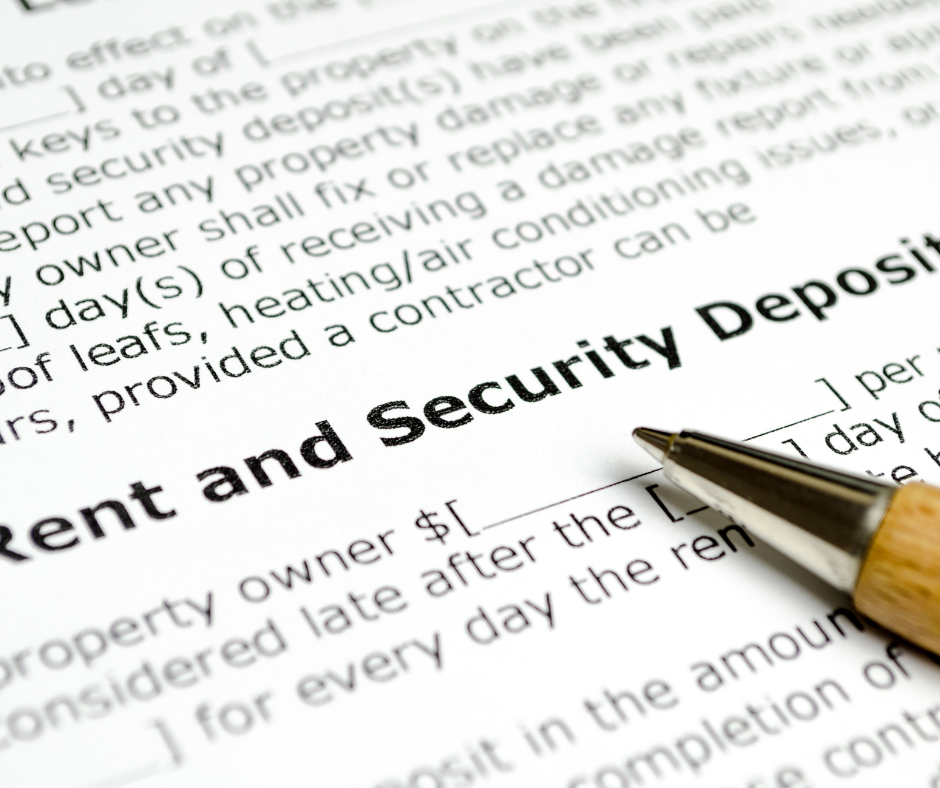Oregon Landlord Laws You Can’t Afford to Ignore
Entry, Repairs, and Rent Increases: What Every Property Owner Should Know
Understanding the limits of access, your responsibilities for maintenance, and how (and when)
you can legally raise the rent is essential to avoid tenant disputes—and costly legal penalties.
Landlord Entry – ORS 90.322
When you lease out a property, you’re also transferring the right of exclusive possession to the
tenant. Ownership does not grant unrestricted access. Under Oregon law, landlords may only
enter a rental unit under the following conditions:
- At reasonable times
- With at least 24 hours’ notice
- For a legitimate reason (e.g., inspections, repairs, or showings)
Respecting a tenant’s right to privacy is not just courteous—it’s required by law.
Exceptions: In the case of emergency, no notice is required.
Violation Penalty: Repeated or abusive entry can result in lease termination or monetary
damages.
Rent Increases – ORS 90.323
Oregon law limits when and how often you can raise rent:
- No increases within the first year of tenancy
- You must give at least 90 days' written notice
- In most cases, the increase must also follow the statewide rent cap
Violation Penalty: Landlords may be liable for three months’ rent plus actual damages for
non-compliance.
Habitability Standards – ORS 90.360
Landlords are required to maintain the unit in a habitable condition. This includes:
- Weatherproofing
- Functioning plumbing, heating, and electrical systems
- Compliance with building and housing codes
If repairs are neglected, tenants can:
- Terminate the lease
- Recover damages
- Withhold rent in limited circumstances
Essential Services – ORS 90.365
When services like water, heat, or electricity are disrupted due to landlord negligence:
- Tenants may arrange for reasonable replacements and deduct the cost from rent
- In some cases, they may terminate the lease
- Damages may also be awarded
Compliance Tip
Staying compliant with Oregon landlord-tenant laws isn’t just about avoiding fines—it’s about
building a sustainable rental business.
- Timely Repairs: Responding promptly to maintenance issues shows tenants that you take
their concerns seriously and helps preserve the long-term value of your property.
- Legal Notice: Whether it's entering the property or increasing rent, always follow proper
notice requirements. Even well-intentioned actions can be considered violations if they’re not
properly documented.
- Open Communication: Clear and respectful communication with tenants helps prevent
misunderstandings. Happy tenants are more likely to renew leases and care for your property.
Share this post





